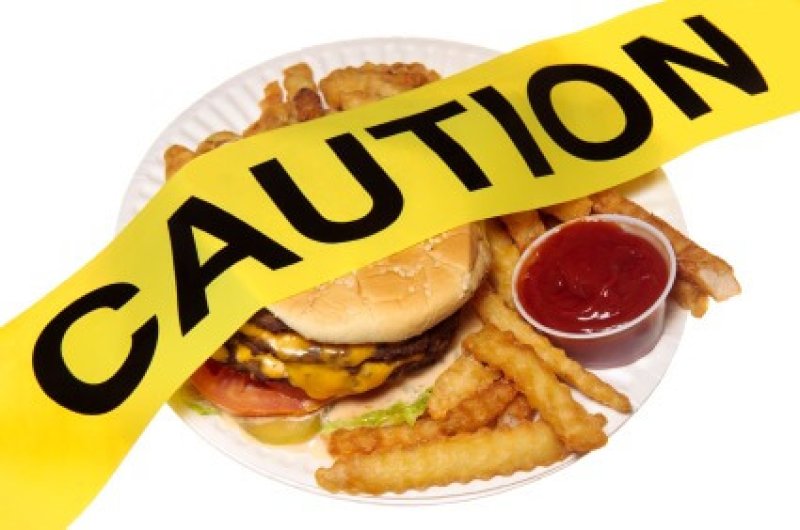How can so many smart people, including many scientists, be so sure that there’s nothing to worry about genetically modified food? Judging from a new paper by several researchers from New York University, including “The Black Swan” author Nassim Taleb, they can’t and shouldn’t.
The researchers focus on the risk of extremely unlikely but potentially devastating events. They argue that there’s no easy way to decide whether such risks are worth taking — it all depends on the nature of the worst-case scenario.
In some cases, as Taleb explained in “The Black Swan,” experience and ordinary risk analysis are inadequate to understand the probability or scale of a devastating outcome. GMOs are an excellent example. Despite all precautions, genes from modified organisms inevitably invade natural populations, and from there have the potential to spread uncontrollably through the genetic ecosystem. There is no obvious mechanism to localize the damage.
Science is at its best when it acknowledges uncertainty and focuses on defining how much can be known. In the case of GMOs, we know far too little for our own good.
Read full, original article: The Trouble With the Genetically Modified Future































